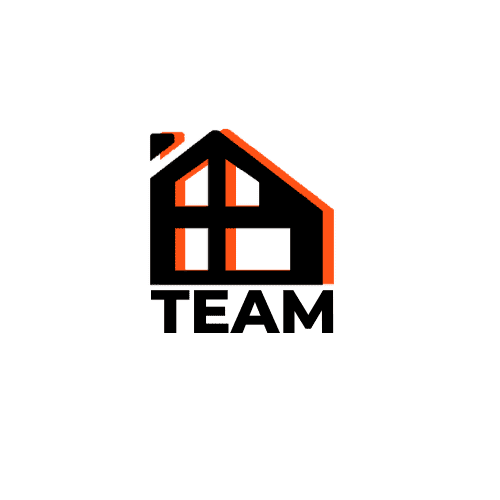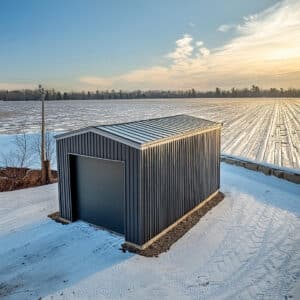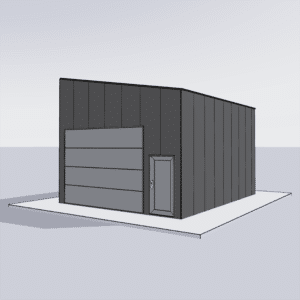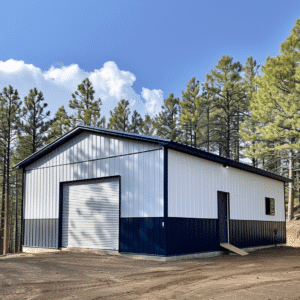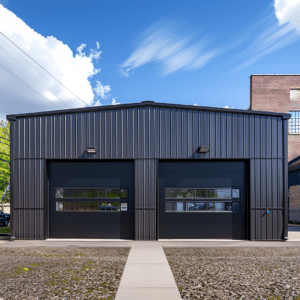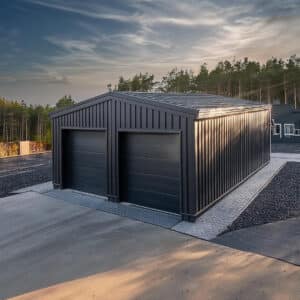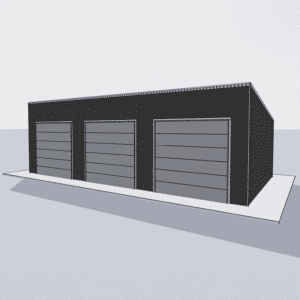When you’re on the hunt for a new home, excitement often surrounds the process of finding the perfect place. But before you fall head over heels for a house, a crucial step awaits: the home inspection. For buyers, this step is pivotal in ensuring your dream house doesn’t become a nightmare on closing day. So, how exactly should you conduct a thorough home inspection before buying? Let’s dive in.
Understanding the Importance of Home Inspections
Did you know that skipping a home inspection is like buying a car without checking under the hood? It’s true! A home inspection for buyers is essential in identifying potential issues that could lead to costly repairs. Think about it: would you rather discover plumbing problems before you buy than have a flooded bathroom ruin your first housewarming party?
Components of a Home Inspection
Home inspections cover a multitude of areas in the house. While inspectors follow a standard checklist, each home has its unique quirks and features that might require special attention. Typically, an inspection will evaluate these components:
– **Electrical Systems**: Ensuring all electrical wiring and outlets are safe and up to code.
– **Plumbing**: Checking for leaks, sewer lines condition, and water pressure.
– **Roofing**: Inspecting for leaks, damaged shingles, or other signs of wear.
– **Foundation**: Assessing any cracks or structural issues.
– **HVAC Systems**: Ensuring heating and cooling systems are functioning efficiently.
Remember, even though an inspection may not reveal all issues, it provides you with informed insight into the home’s condition—allowing you to make a smart, well-informed purchasing decision.
What to Look for During a Home Inspection
It’s often said, “You don’t know what you don’t know.” That certainly rings true for homebuyers unfamiliar with the ins and outs of residential properties. Here’s what you should focus on during the inspection process:
Foundation and Structural Elements
The foundation is the heart of any home. Inspectively evaluate any visible cracks, shifts, or damage that might indicate foundational problems. Think of it as checking the heartbeat of your house—is it strong and steady, or is there cause for concern? If issues are detected, further evaluation by a structural engineer could be necessary.
The Roof: Your Shield Against the Elements
The roof is your home’s first line of defense against weather. Check for signs of water leakage, missing shingles, or sagging. A tired roof can be costly to fix, so understanding its current state can be a deciding factor. For more comprehensive advice on handling potential construction hurdles like roof replacement, explore dealing with construction delays.
“`
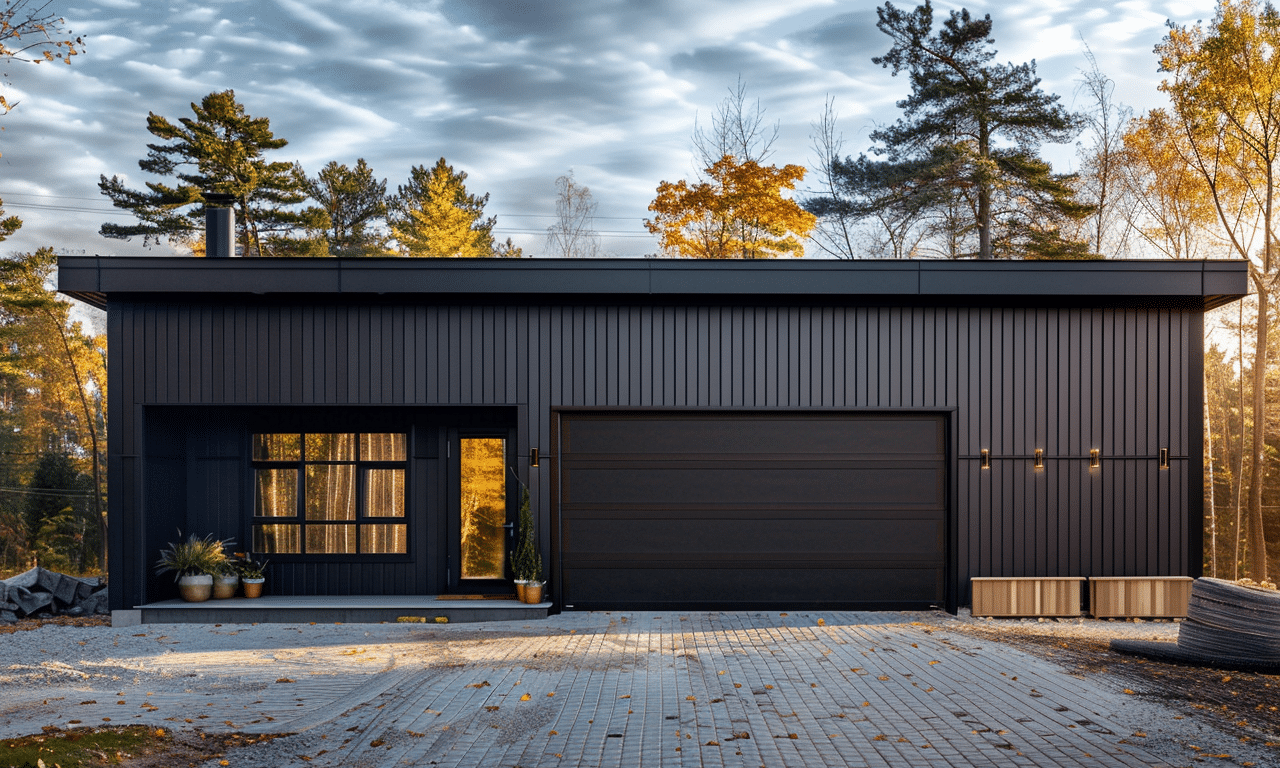
“`
Electrical and Plumbing Systems
Ensure all wiring meets safety standards and that outlets are functioning efficiently. Meanwhile, inspect the plumbing for leaks or corroded pipes. Reliable plumbing and electrical systems are akin to a house’s circulatory system; they need to function seamlessly to avoid a larger home health crisis.
Heating and Cooling Systems
Trust us, you don’t want to move into a new home only to deal with an HVAC breakdown in the middle of winter or during a summer heatwave. Ensure all systems are operational and prepared to keep your future space comfortable year-round.
Insulation and Ventilation
Check insulation in attics, basements, and wall spaces to ensure the home is energy-efficient. Adequate insulation reduces energy bills and maintains a consistent indoor temperature. Similarly, proper ventilation is crucial to prevent moisture buildup and mold, protecting both your investment and your health.
Utilizing Professional Assistance in the Inspection Process
Much like you’d rely on a tour guide to navigate unknown territories, a qualified home inspector is crucial for guiding you through the inspection journey. Their expertise can identify issues that might go unnoticed to the untrained eye, giving you peace of mind and the power to negotiate repairs with sellers or adjust your offer accordingly.
Consider tapping into the services of residential construction experts if extensive repairs or renovations are needed. They bring valuable insights into potential construction pitfalls and solutions.
Final Steps after the Home Inspection
Once your home inspection is complete, you’ll receive a detailed report outlining the condition of the property. This is your golden ticket to negotiate terms with the seller, request repairs, or reconsider your offer based on the findings.
If the inspection reveals no major issues, fantastic—you can proceed with your purchase! But if there are red flags, consider consulting a resource like metal building systems Ontario for alternative housing solutions that might better suit your needs.
Embrace the Power of Knowledge
Navigating the home buying process can feel like weathering a storm, but having a thorough home inspection can help you chart a course toward a secure investment. As a potential homeowner, don’t be afraid to ask questions. Monitor every crack, drip, and creak, because each tells the story of the home’s past and forecasts its future.
Before taking the plunge, utilize platforms such as Zillow for market insights and comparisons in the vicinity of your interest. And remember, a proactive approach in conducting a meticulous home inspection is your safeguard against unforeseen surprises.
Conclusion
Buying a home represents one of the most significant investments you’ll make. By conducting a comprehensive home inspection, you can ensure that your prospective abode is worth the commitment. Also, seeking guidance from Your Building Team equips you with well-rounded expertise to alleviate any construction and homeownership challenges you may encounter along the way.
Embrace diligence, ask the right questions, and leverage available resources. By doing so, you’ll find peace in knowing you’ve made an informed decision, allowing you to turn that house into the home you’ve always dreamed of. After all, isn’t peace of mind the most priceless element of all?
